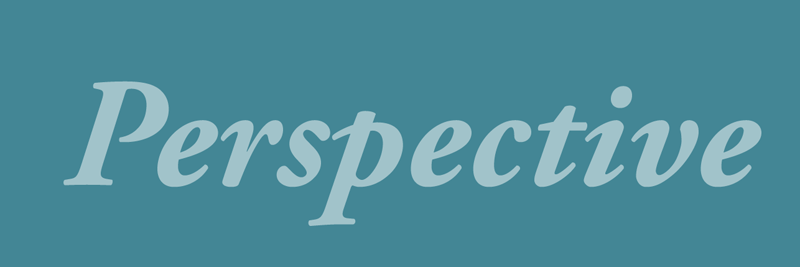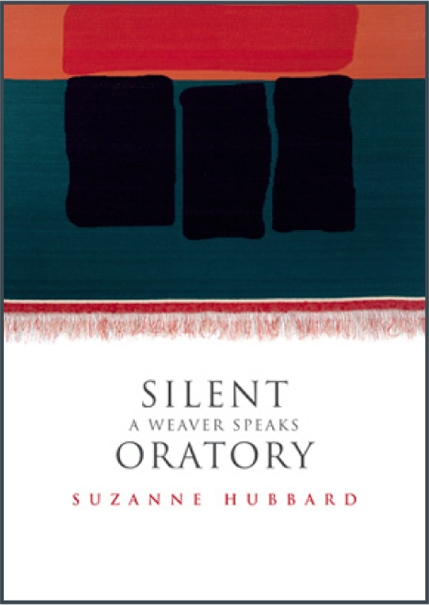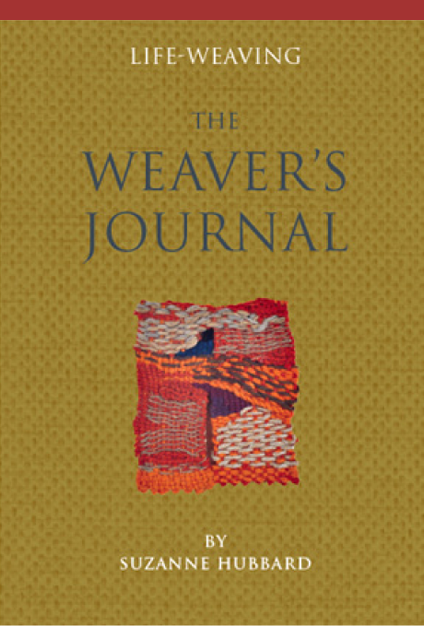
The Latin word for text, texere, means to weave. However, conveying the world, truly palpable with a pair of weaving-hands, is beyond the grasp of words. Weaving speaks from the whole to the whole, whereas words cannot rid themselves of politics seeded in every verbal perspective. On the other hand, without words the unitive wisdom of weaving will remain hidden, dark, and mute.
I rely on peripheral aspects of writing such as syntax, formatting of text on a page, and hyphenated words – as well as different types of writing including poetry, distilled-text, and prose – to create a multi-sensory experience. The tactile elements of writing, when combined with different genres, bring a synthesis that bypasses linear thinking and enters the open space of a process. into enlightened understanding.








